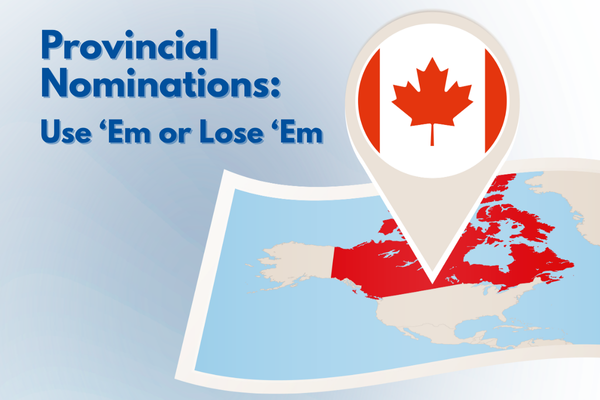Canada’s Housing Action Plan, committing an additional $9 billion in investments
To address Canada's housing shortage, the federal government has launched the comprehensive Canada’s Housing Action Plan, committing an additional $9 billion in investments as compared to the 2013-14 fiscal year.
This signals a major increase in demand for skilled tradespeople and construction professionals. But, with labour shortages already impacting the construction industry, hiring will continue to be a challenge.
This article examines how international collaboration and the contributions of foreign workers are helping meet the rising demand for new homes across the country.
Building Canada's Future: A National Effort
Addressing the housing shortage is a nationwide effort led by the federal government, involving various stakeholders such as provincial, territorial, and municipal governments, home builders, financiers, and Indigenous organizations. This collective initiative aims to overcome housing crisis challenges through substantial investment and collaboration.
The federal government's housing investments have significantly increased, fueling a surge in construction projects nationwide. Major urban centers like Toronto and Vancouver, grappling with housing shortages, have seen record numbers of housing starts in 2023, driven by accelerated rental construction.
Foreign Workers: Catalysts for Construction Boom
A key component of Canada's Housing Action Plan is the accelerated construction of new homes, both single family and high-density. The construction industry, crucial in meeting housing demands, heavily depends on skilled workers. Due to a shortage of local labor, foreign workers are stepping in to bridge the gap and contribute to the construction boom. The Government’s announcement notes that 1,500 foreign workers with trades experience were invited to work in Canada between May and November 2023. Additionally, future selection processes have been updated to prioritize trained and experienced tradespersons.
Removing Barriers to Labor Mobility
Recognizing the importance of a flexible labor market, the government is taking steps to break down barriers to internal labor mobility, including facilitating the movement of construction workers between provinces. By using federal transfers and funding, the government aims to streamline processes and ensure a skilled workforce where it is most needed.
Prioritizing Construction Workers for Permanent Residency
In a proactive move, the federal government has introduced a new selection process under the Express Entry immigration system to prioritize permanent residency applicants with construction-related skills and experience. This not only addresses immediate labor needs but also contributes to the nation's long-term growth.
A Global Approach to Local Challenges
As Canada addresses housing shortages, the role of foreign workers in the construction industry is crucial. Their contribution, combined with strategic investments and government initiatives, forms a comprehensive approach to tackling the housing crisis. In the spirit of global collaboration, Canada is building its future with individuals from around the world, creating a diverse and resilient construction industry that plays a pivotal role in meeting the nation's housing demands.

